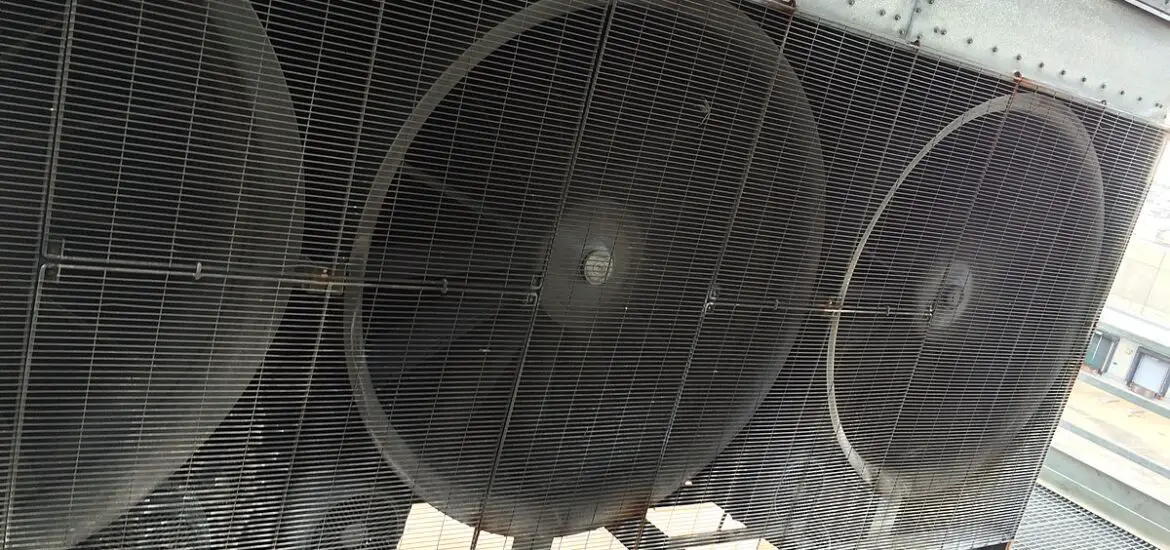Common condenser problems can transform your reliable refrigerator into a heated mess, spoiling your food and day. This article will guide you on how to tackle these problems like a pro.

Table of Contents
Common Condenser Problems with Refrigeration Systems
Like any mechanical device, condensers are prone to a few problems. Knowing what these are can be the difference between a quick fix and a hefty replacement bill. So, buckle up!
Overheating
Yep, your refrigerator’s condenser can get too hot! It sounds odd, but it happens, and it’s not good news for your ice cream (or anything else).
Causes of Overheating
From dirty coils that can’t release heat effectively to a faulty fan motor, several issues could turn up the heat in your condenser. Even a lack of maintenance can contribute to this.
Signs of Overheating
Is your fridge running warm, or can you hear the motor constantly whirring away? Don’t ignore these signs; your condenser could be crying out for help.
Solving Overheating Issues
If you’ve spotted the signs of an overheating condenser, it’s time to roll up your sleeves and get to work.
Begin by turning off the power for safety and cleaning the condenser coils. Dust and grime can build up over time, insulating the coils, which restricts heat from being released effectively. You can use a brush or a vacuum cleaner to gently remove the dust.
Next, inspect the condenser fan. This little guy is responsible for pushing the air over the coils to help cool them down. If it’s not running correctly, the condenser might overheat. Check for any obstructions that could be preventing the fan from spinning. If there’s nothing blocking it and it still doesn’t work, you might need to replace the fan motor.
Last but not least, ensure your fridge has enough ventilation. If your refrigerator is too close to a wall or squeezed into a tight spot, the heat might not be able to escape, causing the condenser to overheat. Make sure there’s a gap of at least a few inches between the refrigerator and the walls.
Refrigerant Leaks
Refrigerant leaks are the pesky gremlins in your refrigerator’s machinery. They’re not just harmful to your appliance but also to the environment. We don’t want that, do we?
Causes of Refrigerant Leaks
Poor installation, physical damage, or even simple wear and tear can lead to refrigerant leaks. Sometimes, these sneaky leaks can hide for a while before causing noticeable problems. Tricky, huh?
Detecting Refrigerant Leaks
If your refrigerator isn’t cooling as it should or you notice an oily residue near the condenser, you might have a leak on your hands. Hissing sounds can also be a possible sign of a leak.
A certified technician can use specialized tools such as an electronic leak detector or a UV dye to find out where the leak is coming from.
Solutions for Refrigerant Leaks
Depending on the severity of the leak, the technician might opt to fix it using a sealant. However, this is typically a temporary solution and is best suited for very minor leaks.
For larger leaks, the component that’s leaking, such as the condenser coil, may need to be replaced. Bear in mind, this is not a job for the average DIYer. Refrigerants can be hazardous, and handling them requires training and protective equipment.
Once the leak has been repaired, the technician will need to recharge the system with the correct amount of refrigerant. The refrigerator should then be monitored to ensure the problem doesn’t recur.
Condenser Coil Issues
The condenser coils are like the unsung heroes of your refrigerator, but when they have issues, it can lead to a whole lot of problems.
Common Condenser Coil Problems
Dirty coils, bent or damaged fins, and even improper installation can lead to coil issues. It’s like having a flat tire; you can’t move forward without fixing it.
Detecting Condenser Coil Issues
Lower cooling efficiency or higher energy bills can indicate an issue with your condenser coils. So, keep an eye out!
Fixing Condenser Coil Problems
Begin by cleaning the coils, much like you would when dealing with an overheating condenser. You can use a coil brush or a vacuum to remove any dust or grime.
If the coils are bent or damaged, you’ll need to straighten them out to ensure efficient airflow. You can use a fin comb, which is a tool designed specifically for this purpose. However, if the coils are severely damaged, they might need to be replaced.
Problems with the condenser coils can sometimes be due to issues with the fan. If the fan isn’t running properly, it can cause the coils to work harder than they need to, leading to potential damage. So, don’t forget to check the fan as part of your repairs.
Check out these other related articles…
Condenser Subcooling: Your Comprehensive Guide
Condenser Saturation Temperature: Your Detailed Guide
Condenser Noise: Proven Solutions
Function of a Condenser in a Refrigeration System: 101 Guide
Condenser Overheating: Causes & Proven Solutions
Preventative Measures for Condenser Problems
A stitch in time saves nine, and this is especially true for condenser problems. Prevention is always better than cure, folks!
Regular Maintenance
Don’t wait for a problem to pop up. Regular maintenance can help nip issues in the bud, saving you from stress and high repair costs.
Proper Installation
A well-installed condenser is like a well-built house. It stands firm in the face of troubles. Always ensure proper installation to keep condenser problems at bay.
Regular Checks for Refrigerant Levels
Keeping tabs on your refrigerator’s refrigerant levels is like checking your car’s gas. It’s simple but can save you from a lot of headaches down the line.
When to Call a Professional
DIY is great, but when it comes to serious condenser issues, it’s best to call in the professionals. They have the right tools, knowledge, and safety protocols to handle these problems efficiently and safely. So, don’t hesitate to dial that number!
